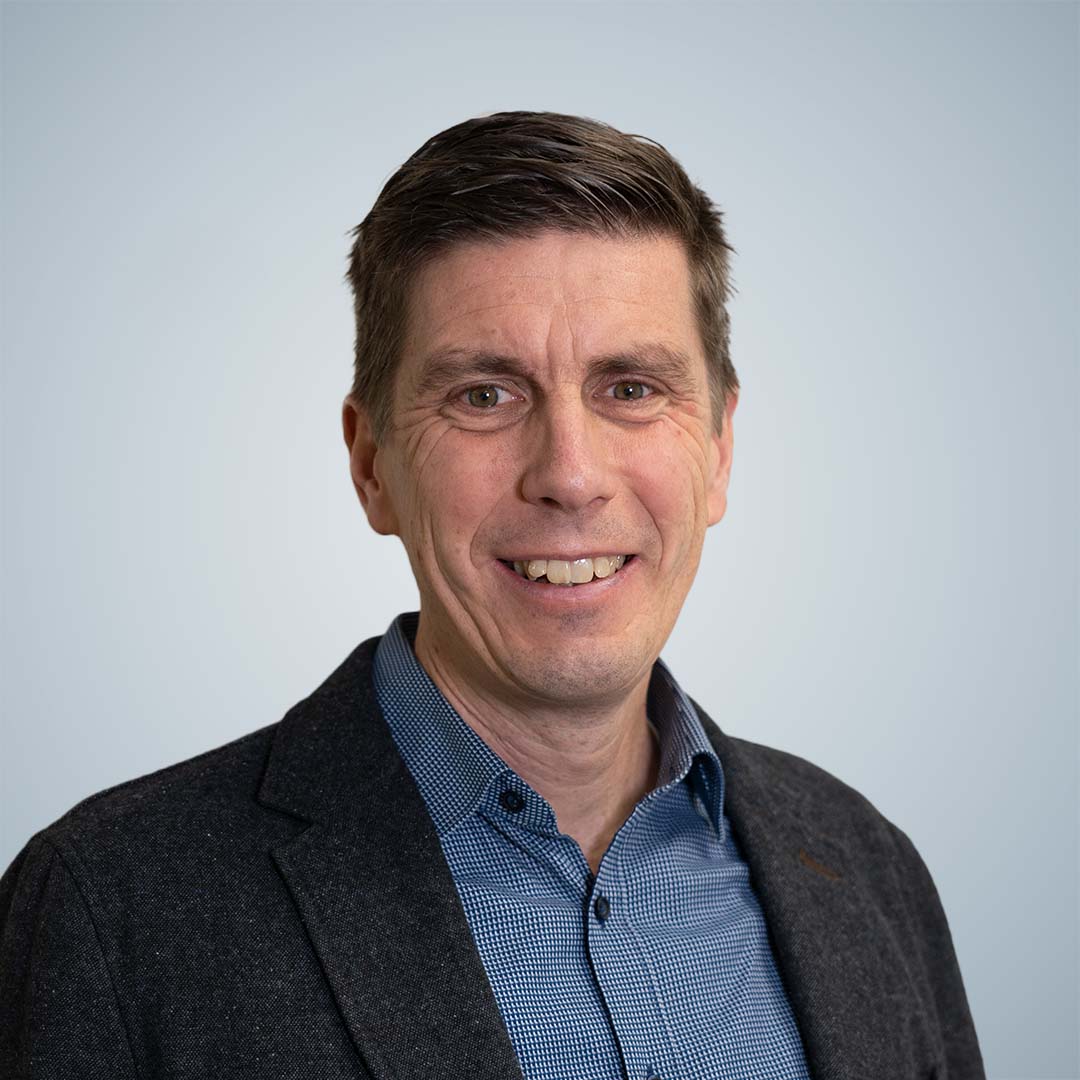- Olga Schmidt
- 12.12.25
- 2 min
- Success factor sustainability
Your contact person
Dr Knut Behnke
In order to achieve the climate goals that Germany has set for itself, it is imperative to transform the heat and power supply. Heat consumption must be reduced and heat generation must be decarbonised, primarily with the help of renewable energies. This describes the supply of electricity and heat from various sources. Wind and water power, geothermal energy as well as solar radiation and renewable raw materials play a major role in reducing the share of oil, natural gas, coal and nuclear energy. There are various ways to promote decarbonisation by means of energy application solutions, including self-sufficient systems or decentralised heat and power supply.
Decentralised heat supply includes a geographical and quantitative component. The decentralised energy conversion plants are available where energy is needed. Energy is supplied by smaller plants compared to the centralised energy supply. For example, solar parks and wind power plants are counted as decentralised power generation, where the grid level plays a role. In plain language, the definition "decentralised" means that electrical energy is generated, distributed and purchased close to the consumer.
Autarkic systems are stand-alone systems that are not connected to a public energy grid. This can be a wind power or photovoltaic system, for example. The surplus electricity is not fed into the public grid, but into a separate, battery-protected storage system. This means that the electricity is either used directly by the system itself or stored for later use. Self-sufficient systems can be used in various environments. These include mobile homes, ships, private homes, holiday homes, farms, urban districts and entire communities.
In Germany, both supply systems are already being lived, and continue to be planned and implemented. Be it in private households, in companies or in municipalities.
What exactly is biomass? Biomass includes all biodegradable parts of waste, products and residues from agriculture of biological origin, (including plant and animal matter), fisheries and aquaculture, and forestry.
It is sometimes referred to as an "all-rounder" when it comes to renewable energy, as biomass in use can provide electricity, heat and fuel. Like wind, solar and water energy as well as geothermal energy, biomass also belongs to the category of "renewable energies", which are characterised by their infinity and renewability. Nevertheless, there are also prerequisites that must be fulfilled for the sustainable production of energy with biomass. These include economic sustainability (economic viability), ecological sustainability (handling of biomass) and social sustainability (creation of new jobs). Opinions are currently still strongly divided on the use of biomass. The advantages already far outweigh the disadvantages. The versatility, permanent availability and better CO2 balance are just some of the advantages that result from its use. However, there are also disadvantages, for example the limited arable land for the cultivation of biomass.
The energy and heat transition is also a highly discussed topic in Schleswig-Holstein. The Energy Turnaround and Climate Protection Act of the state of Schleswig-Holstein provides for achieving a greenhouse gas-neutral heat supply by 2045. There are various options for sensibly feeding energy into the grid, for example photovoltaic systems, wind turbines, hydropower, electricity storage, combined heat and power, as well as biomethane and biomass.
EurA AG leads the innovation network SMESH - Smart Ennovation Schleswig-Holstein. The aim of the network is to make Schleswig-Holstein a world-leading location for the development, testing and deployment of innovative, decentralised, clean and environmentally friendly mini-grids. A mini-grid is an off-grid electricity distribution network that generates electricity on a small scale. In the form of a model region, the social and economic aspects, the interaction of producers and consumers within smart grids will be addressed. Furthermore, SMESH focuses on data centres, sector coupling and e-mobility based on renewable energies, so that decentralised energy solutions can be brought forward.
Further information on the network can be found here: www.smesh-netzwerk.sh
Would you like to learn more about the project? Feel free to contact our experts.
Text: Joke Brodersen

Your contact person
Dr Knut Behnke
EurA AG
T- 079619256-0Max-Eyth-Straße 2
73479 Ellwangen
info@eura-ag.com